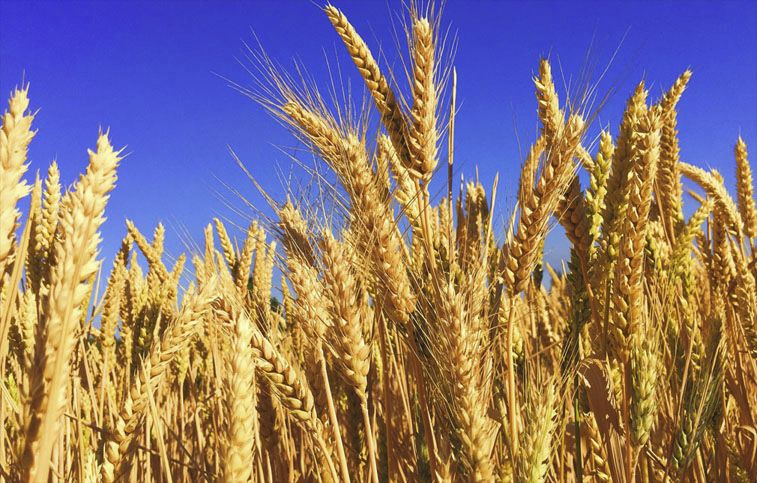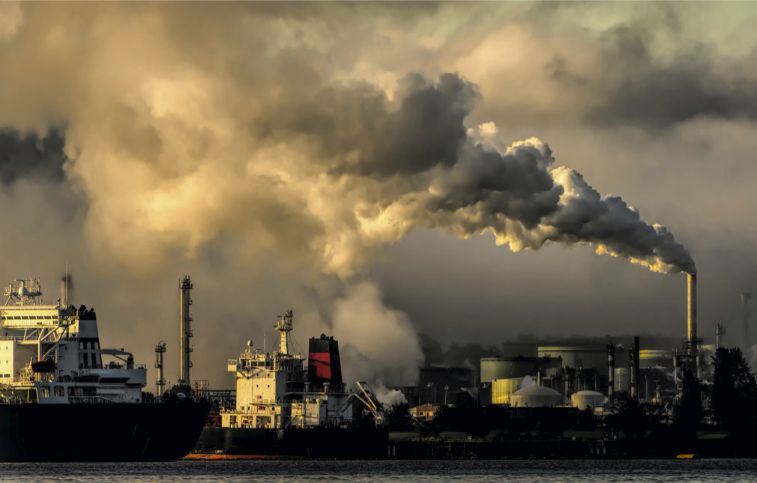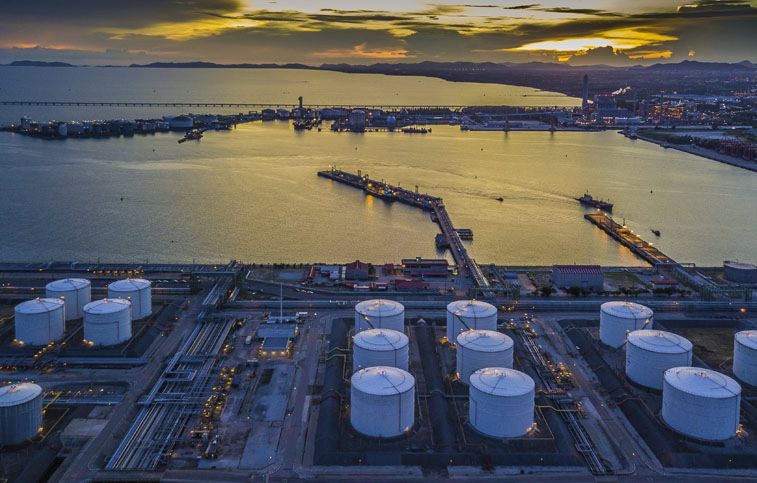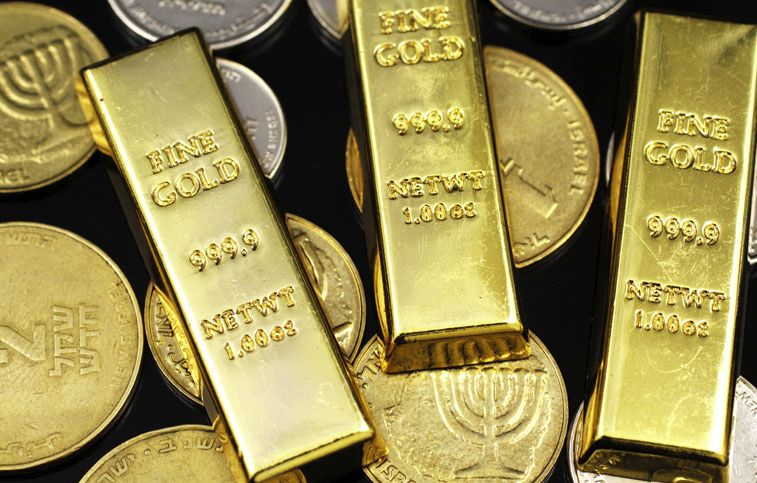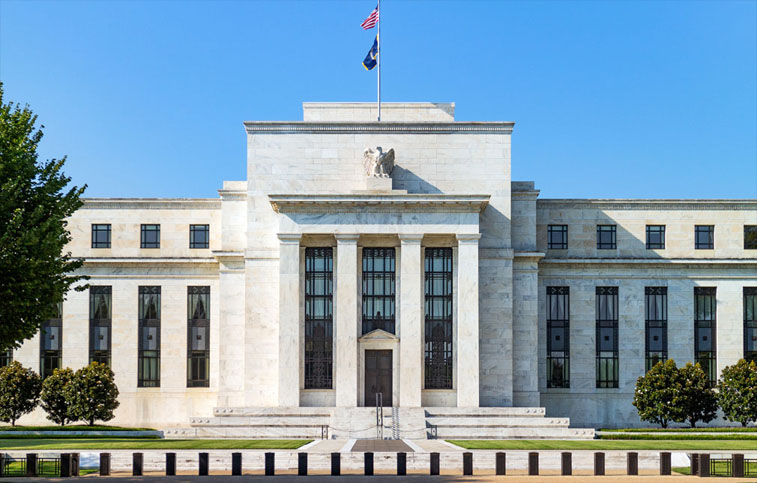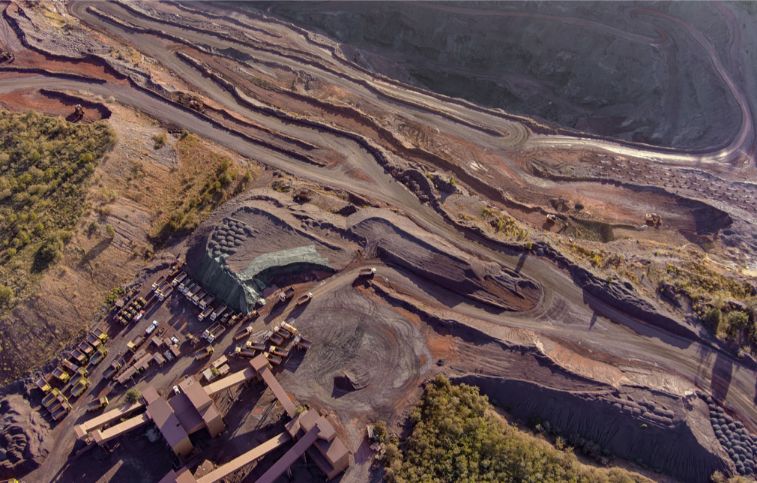The world exhales a sigh of relief due to Russia’s decision to rejoin the Black Sea grain export agreement. On Saturday, the Kremlin announced its withdrawal from the UN-initiated agreement that allowed the commodity to flow through Ukrainian ports. After Ukrainian drones attacked its fleet, Russia stated that it could no longer guarantee the safety of ships crossing the Black Sea. On the other hand, Kyiv and the West accused Moscow of trying to control the whole world by threatening a food crisis.
Russia has repeatedly threatened to withdraw from the agreement in recent months, citing insufficient grain exports from Ukraine to developing nations. Russia also expressed concern that Western sanctions were hindering Russia’s food and fertilizer exports. In response, officials from the United States and the European Union stated that the sanctions did not apply to Russian food products. The Russian nation, led by Vladimir Putin, has now justified its reversal on the grain deal by claiming that Ukraine has assured them that it will not use the Black Sea grain corridor for military operations against Russia. Which, incidentally, Ukraine has consistently denied. The price of wheat on the commodities market fell 6.4% to $8.45 per bushel after the news came out.
Since the agreement was reached this summer, Ukrainian ports have shipped 9.7 million tons of grain and other food products. These shipments continued without Russia’s participation after they pulled out of the Black Sea grain exporting agreement. In fact, the situation became so dire that insurance companies refused to issue new contracts in anticipation of imminent disruption. Nevertheless, the reversal from Russia ensures that the situation will not spiral out of control. Moreover, insurers have again started signing coverage contracts in response to the positive news.
The mediation efforts of Recep Tayyip Erdogan, who spoke directly with Putin on the phone, were thus effective. Since the beginning of the Russia-Ukraine conflict, the Turkish leader has advocated peaceful diplomacy to diffuse potentially explosive situations. The West views Russia’s actions as a means to keep the entire world under extortion by leveraging its control over food shipments. Although Western nations view Putin as a cornered opponent, the West also expects him to resort to the same tactics in the future.
The grain agreement ends this year, and it is unknown if it will be extended. Andrey Sizos, the head of the Russia-focused agricultural consulting firm Sovecon, says that the deal is still uncertain. The Russian reversal on the matter, however, is an unexpected turn of events. German Foreign Minister Annalena Baerbock said that resuming the agreement shows how important it is “to stand together in these difficult times and refuse to give in to Russia’s blackmail.”
While Ukrainian President Volodymyr Zelensky thanked Turkey and the United Nations for helping move ships from Ukrainian ports, he said that “a reliable long-term defense for the grain corridor is needed because millions of lives are at stake.”
